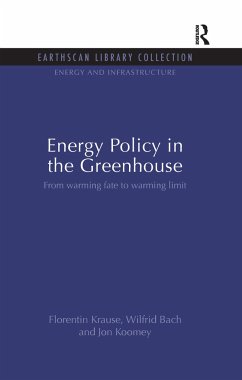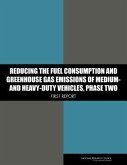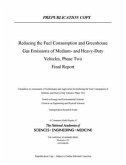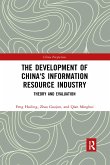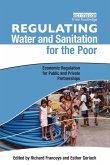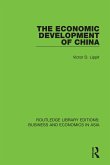The globe is warming and while no one knows what will happen as a result, it is clear that slowing the process is a necessary goal. Other studies have considered 'warming fates', this one brings sophisticated computer modeling to bear on ways of minimizing the risks. Fossil carbon emissions, other trace gases and releases from other sources are all taken into account, and the authors demonstrate the global need to produce a budget for cumulative releases between now and the year 2100. They also demonstrate the need to return to a rate of forest carbon storage equal to that of the mid-1980s. These budgets look at issues of international equity and the ways of moving to a binding agreement. The price of failure to control GHG emissions may be uncertain, but it will be more than anyone can afford. Political will lies at the root of successful climate stabilization and major capital and technology transfers to Third World countries will be needed if there is to be any chance of success. This book provides an agenda for advance.A book [which] throws into stark relief the mountain still to be climbed before the world community can agree on a credible programme to tackle global warming. David Thomas, Financial Times Originally published in 1991
Hinweis: Dieser Artikel kann nur an eine deutsche Lieferadresse ausgeliefert werden.
Hinweis: Dieser Artikel kann nur an eine deutsche Lieferadresse ausgeliefert werden.

